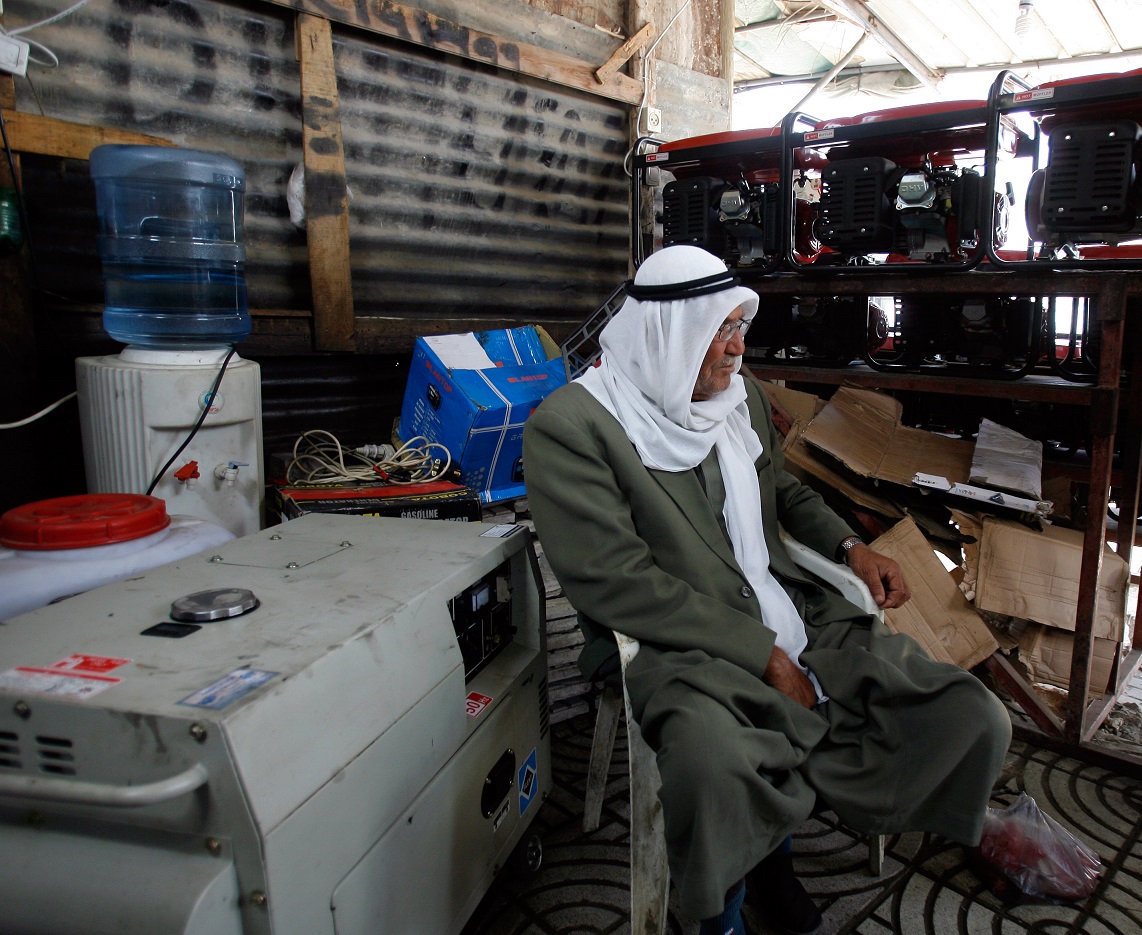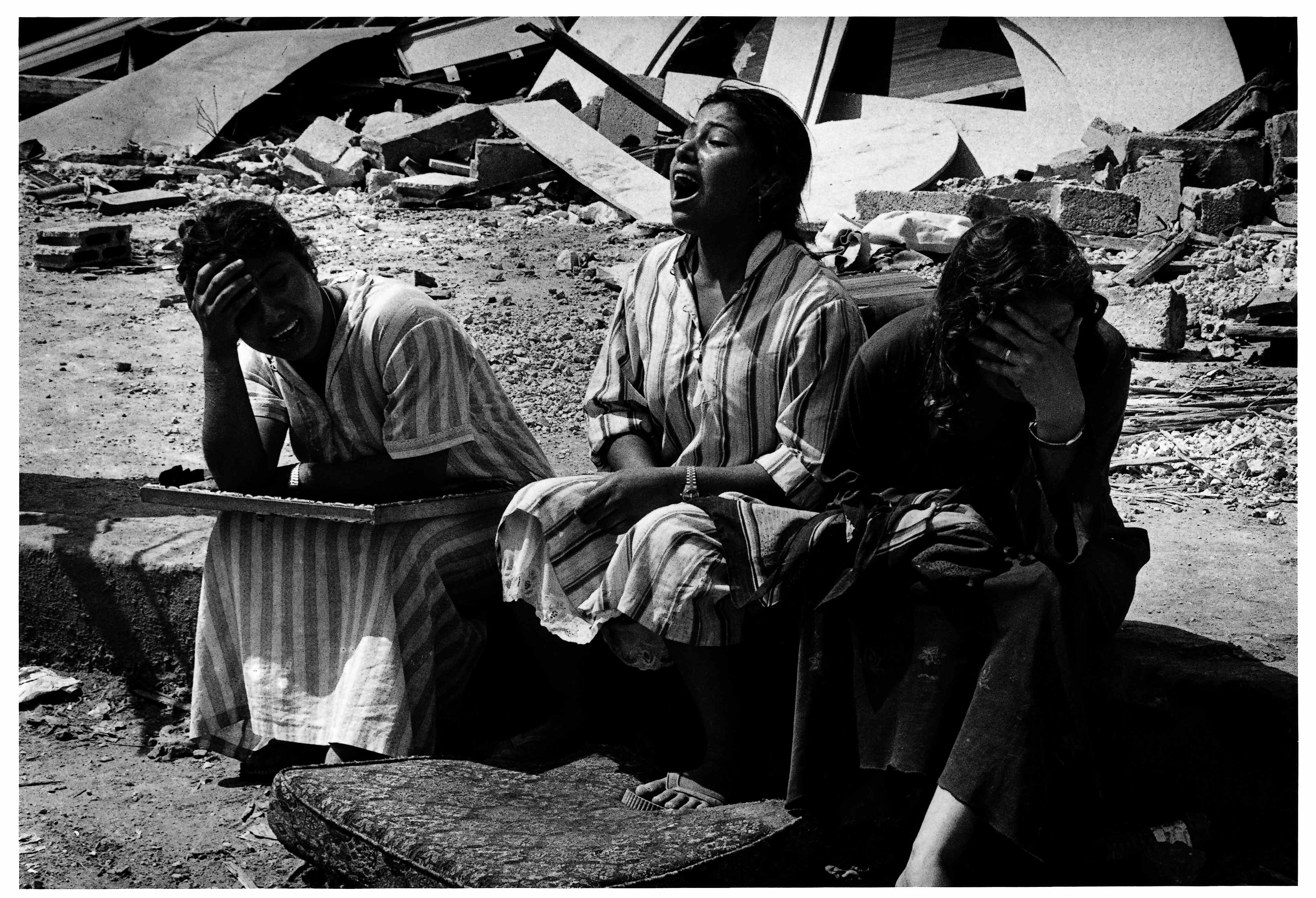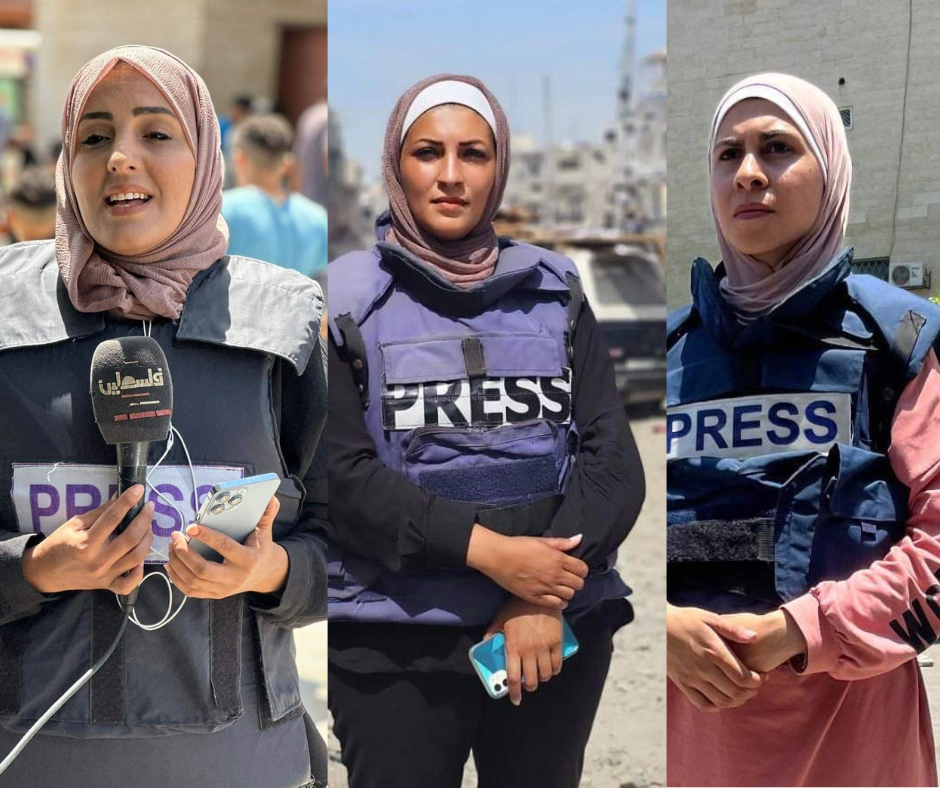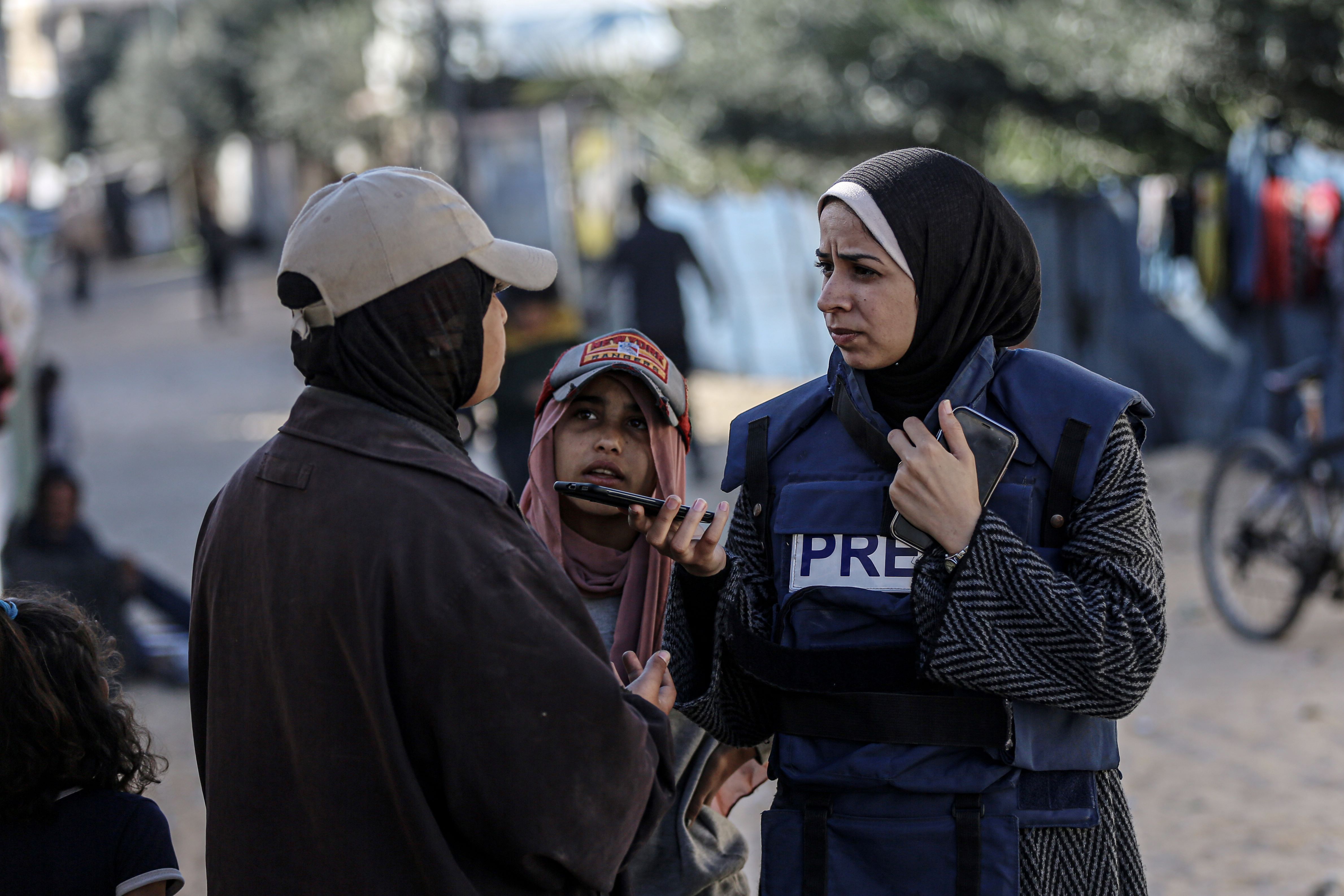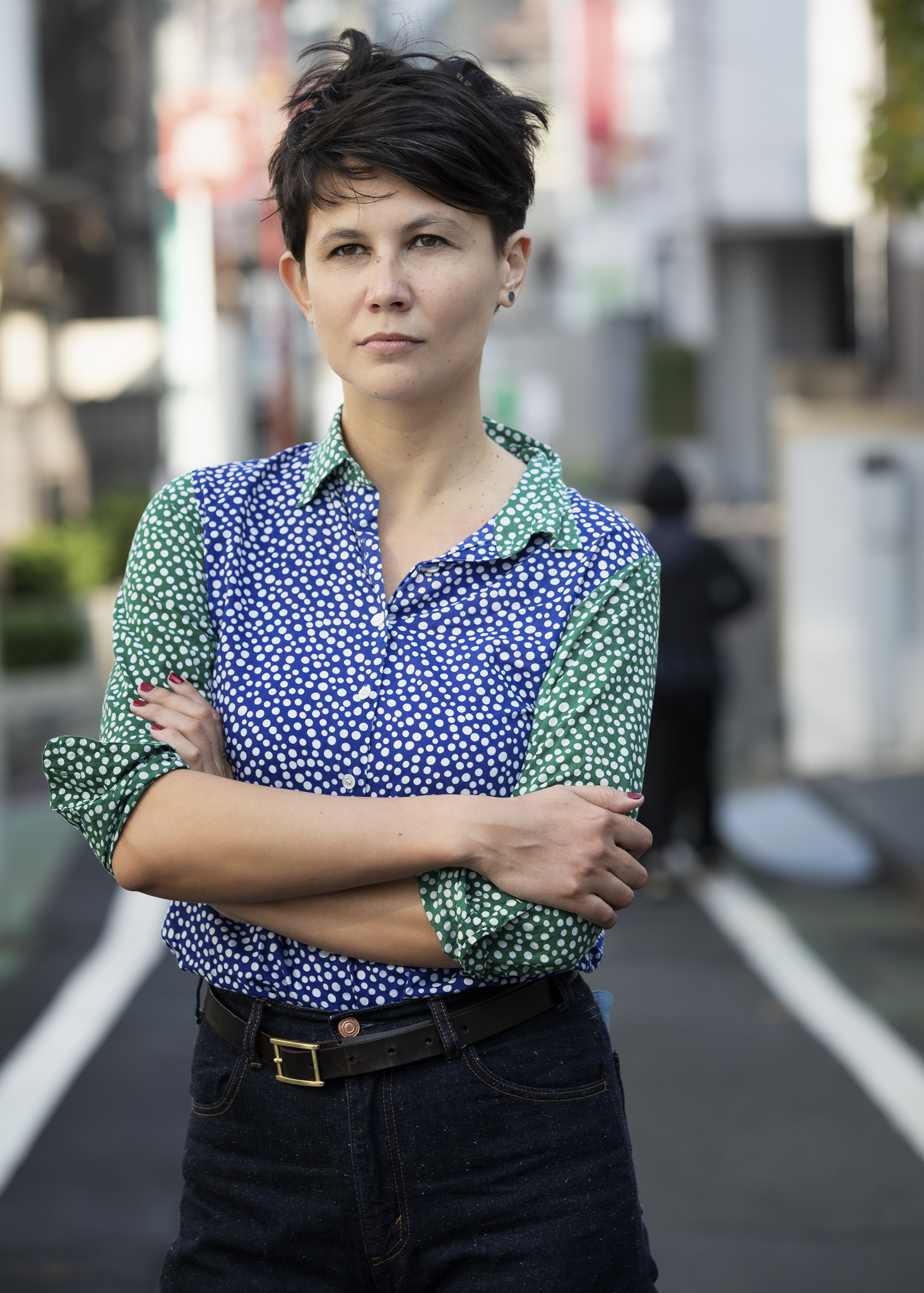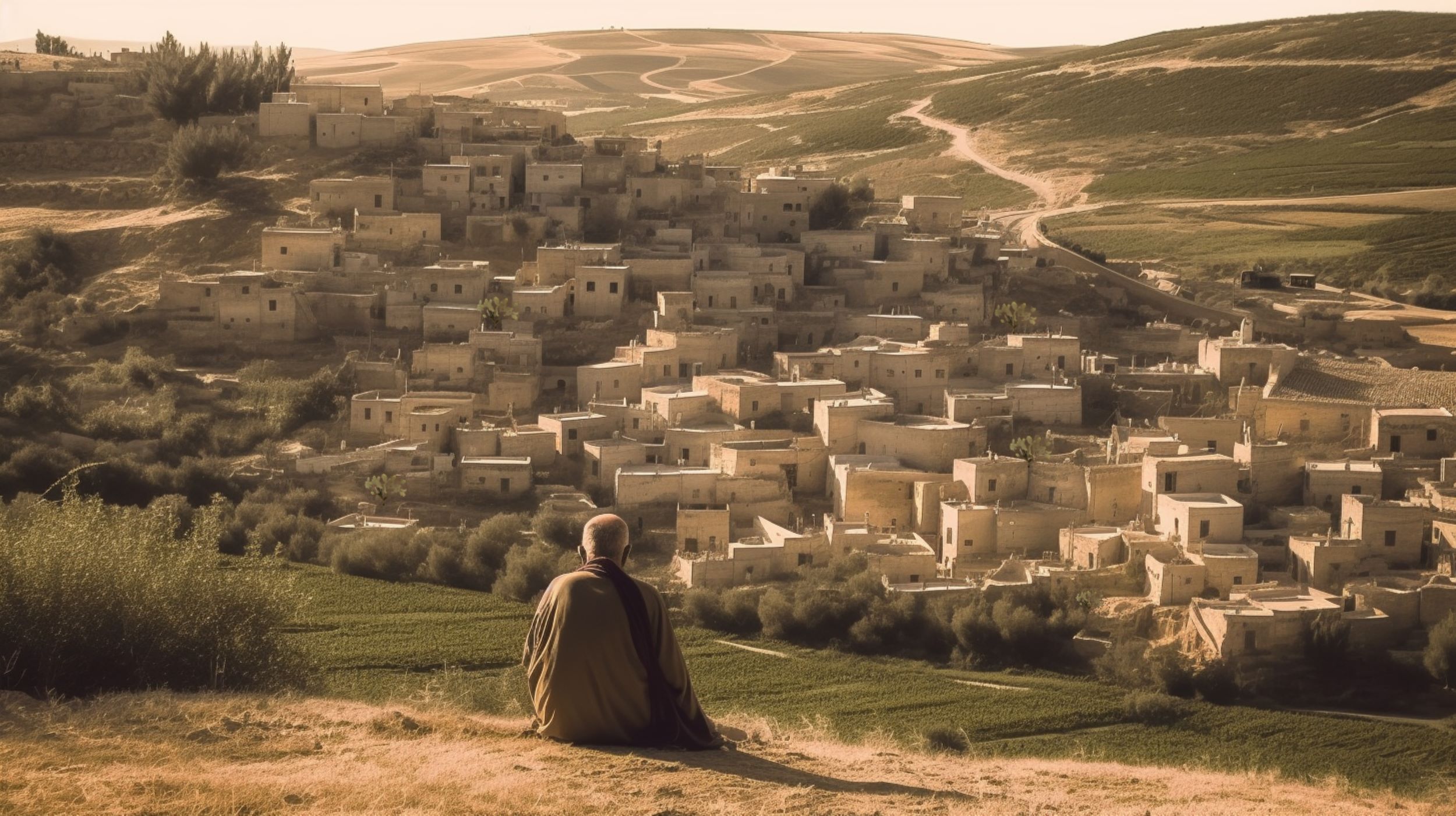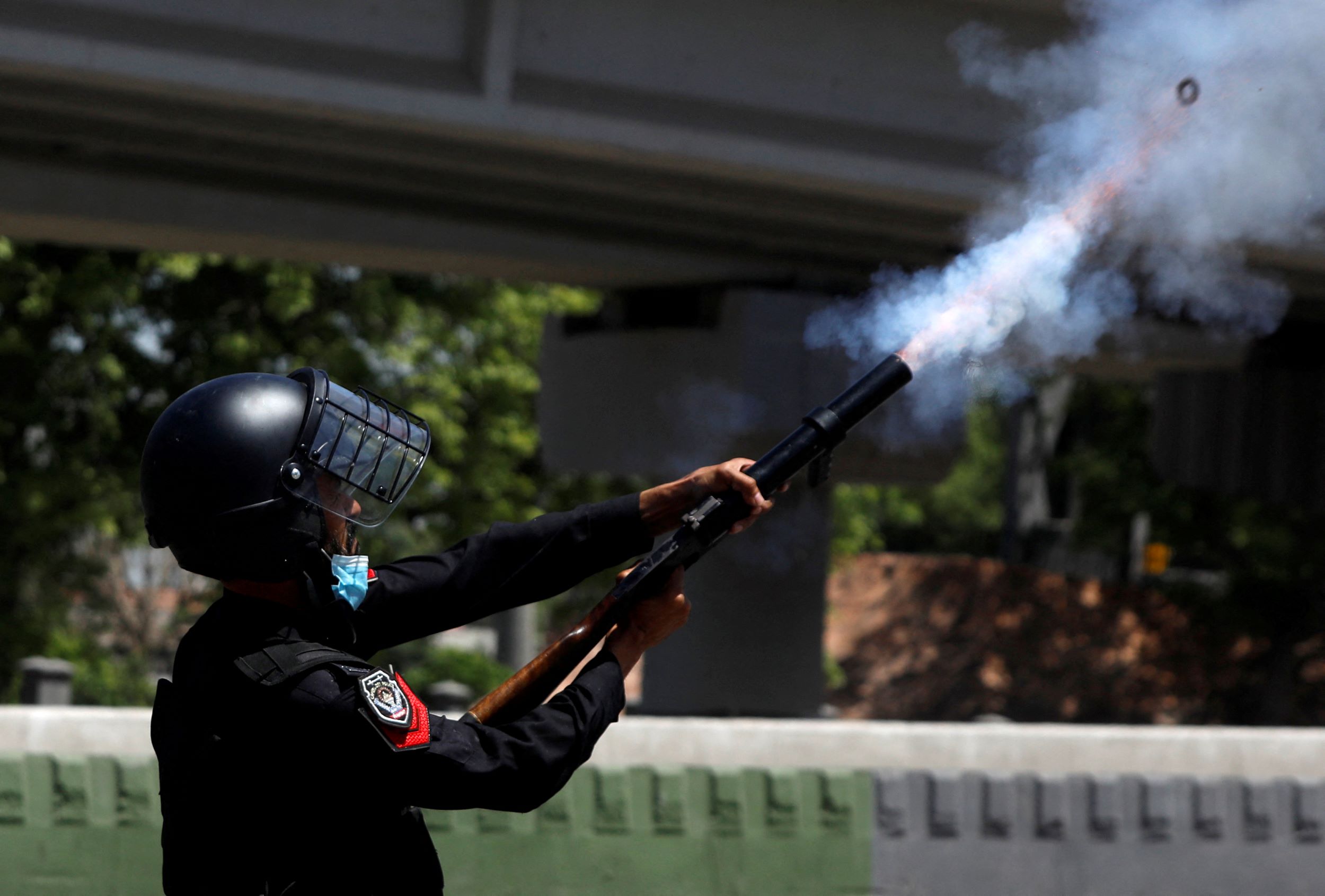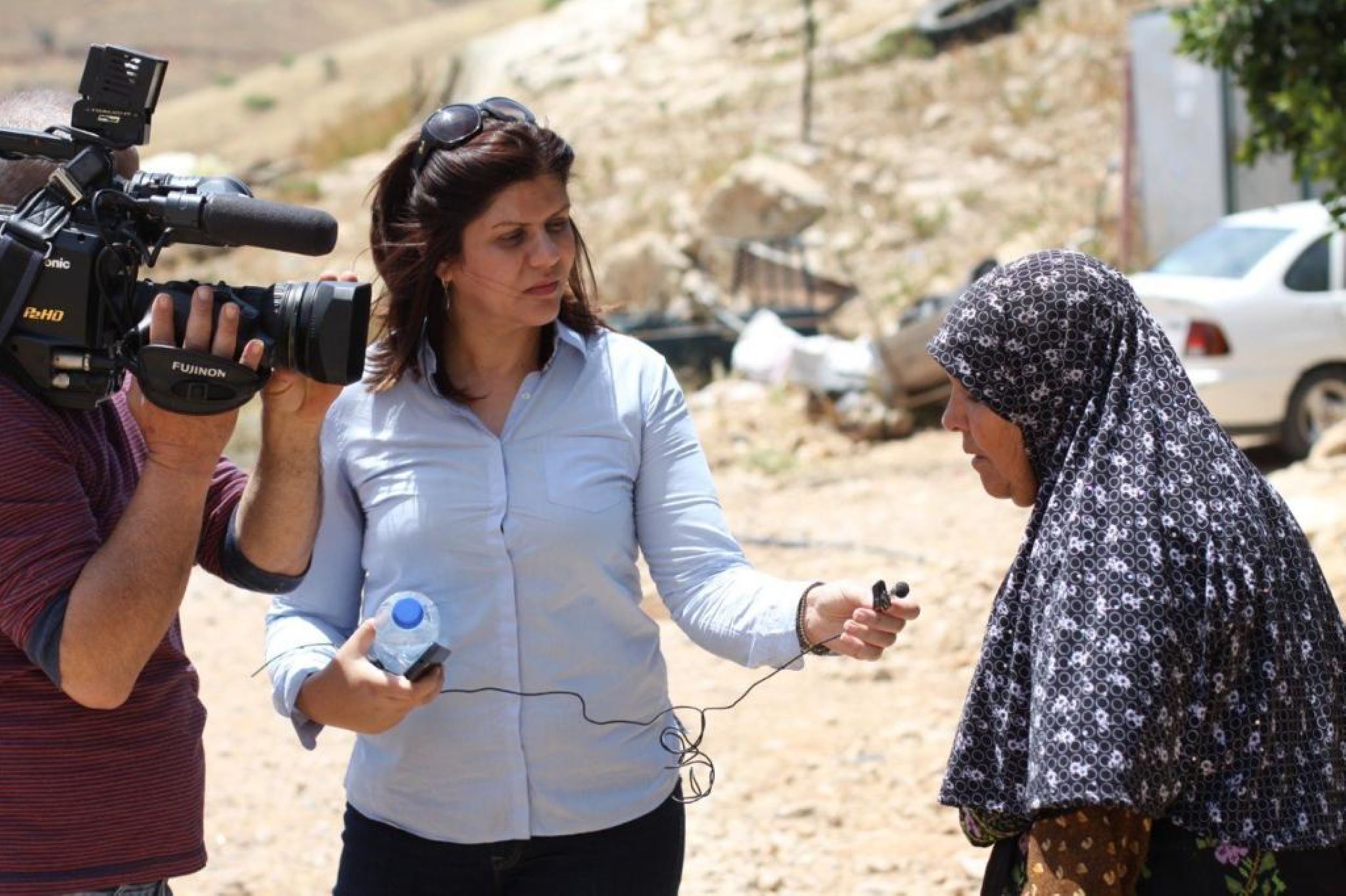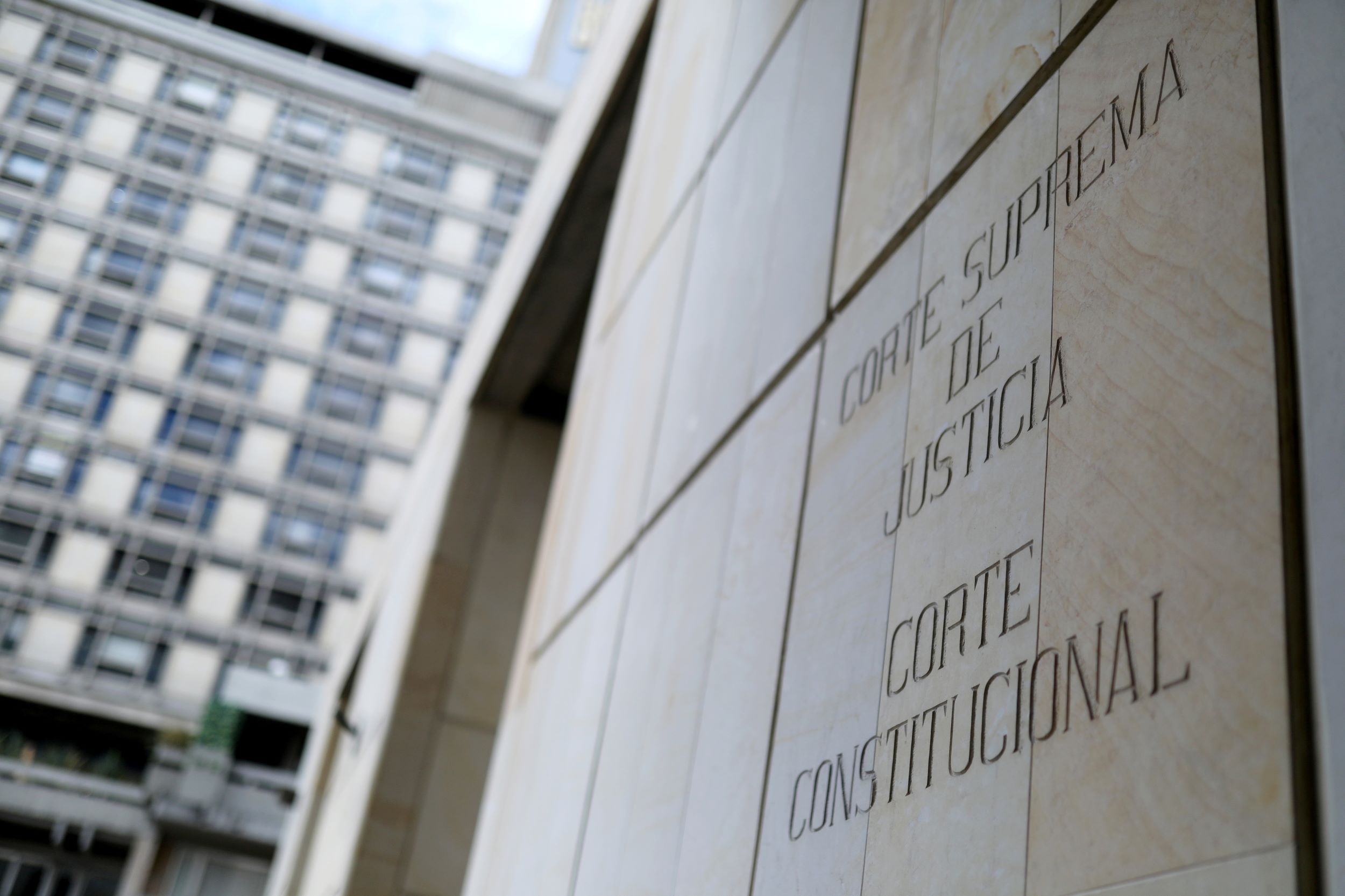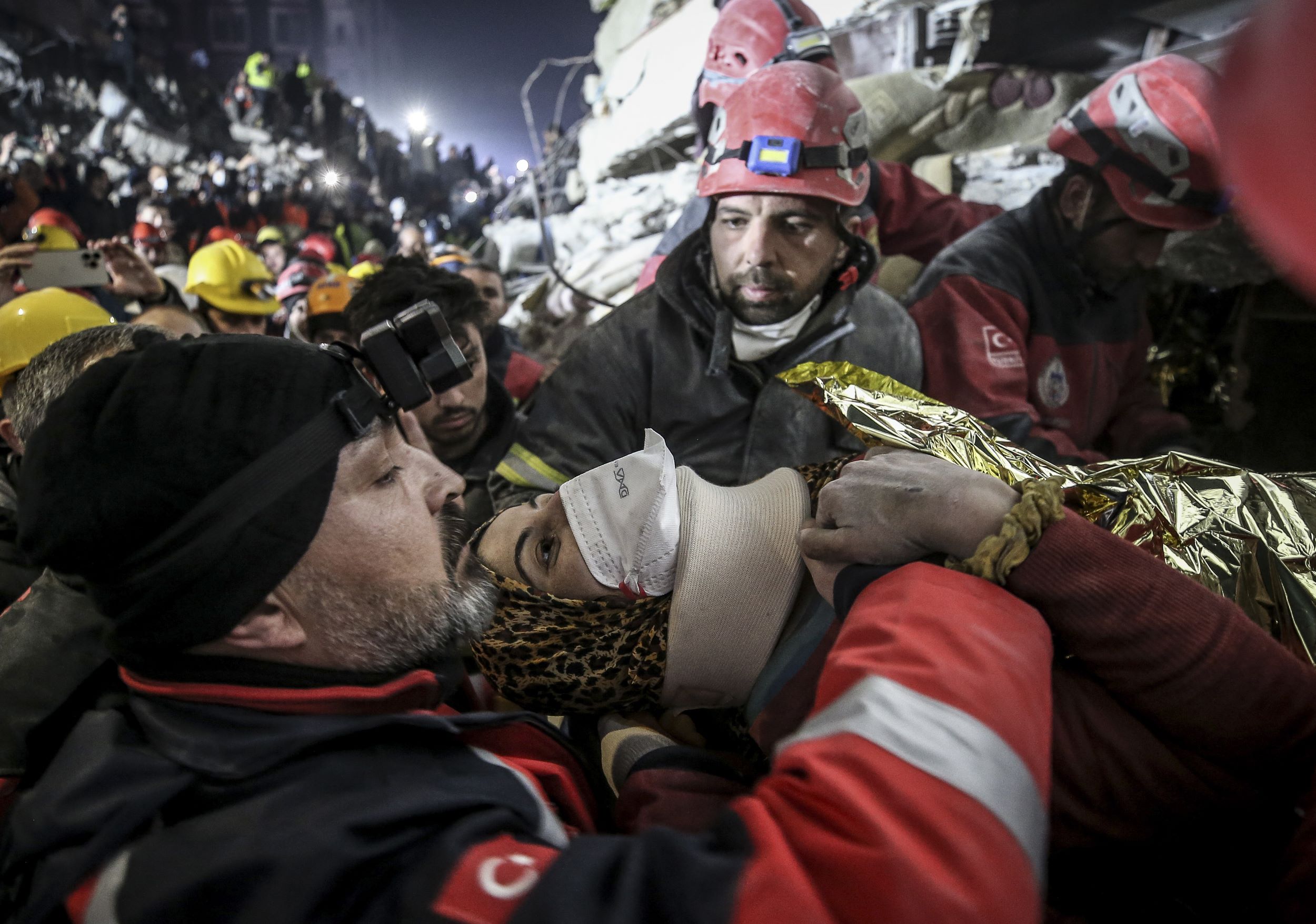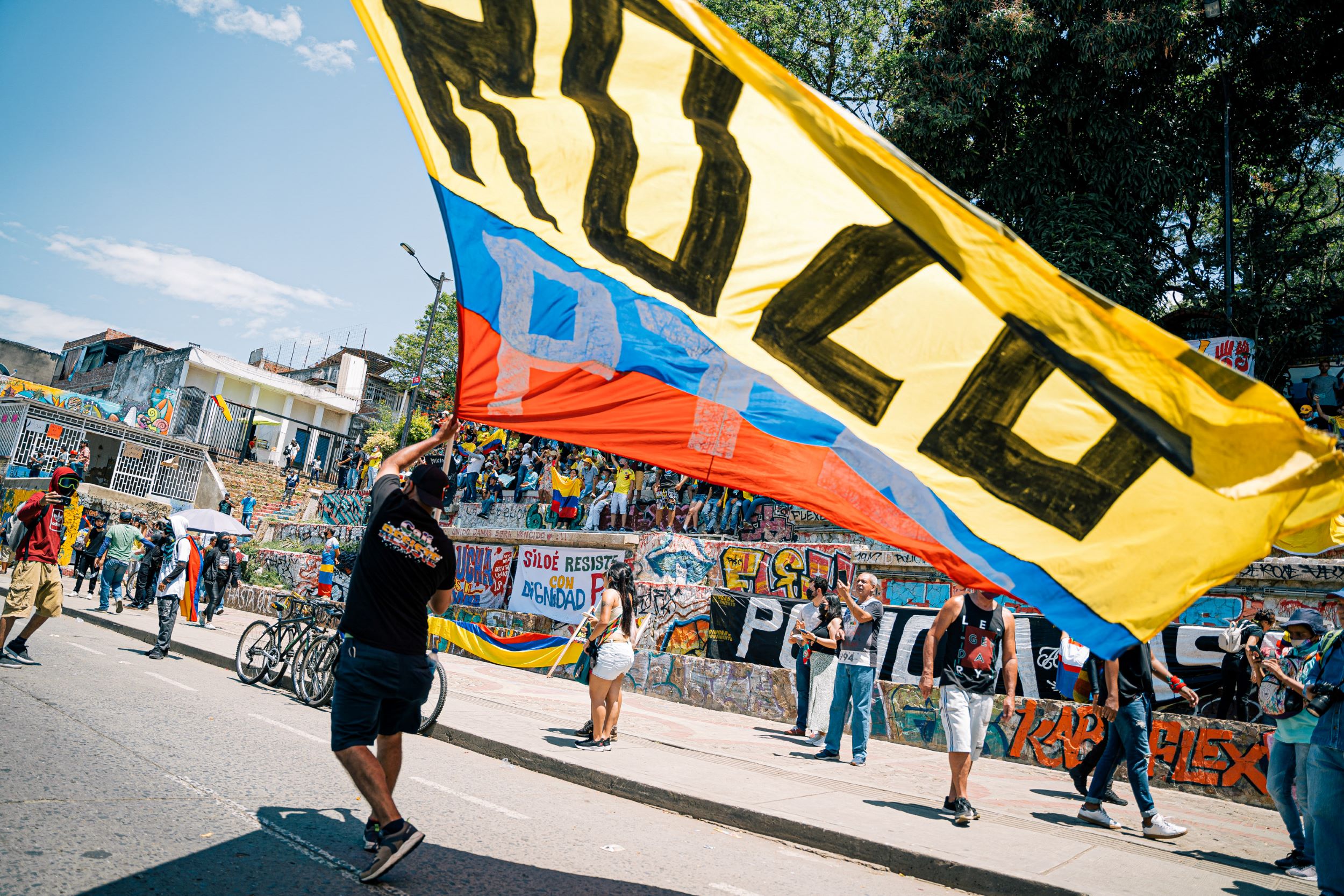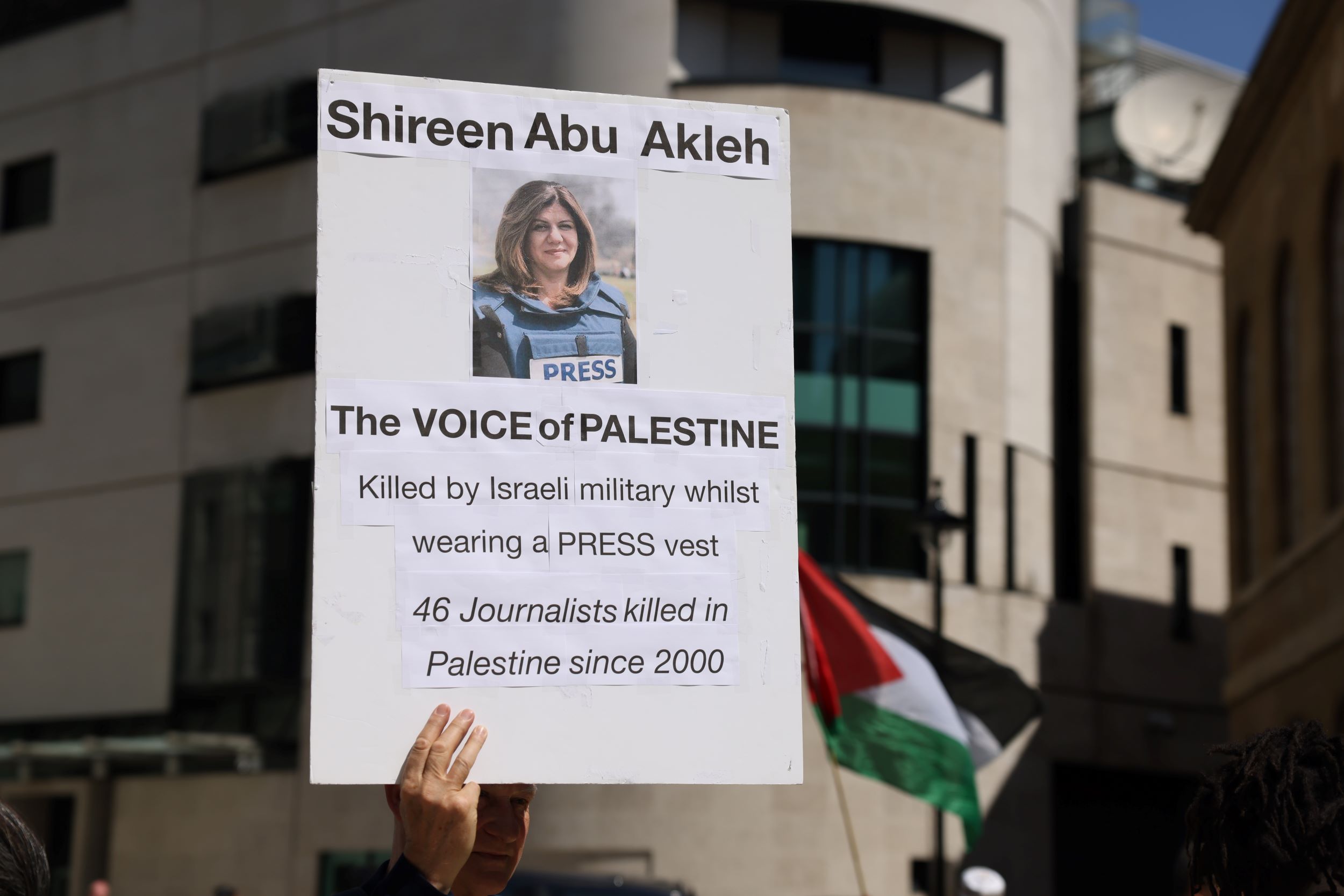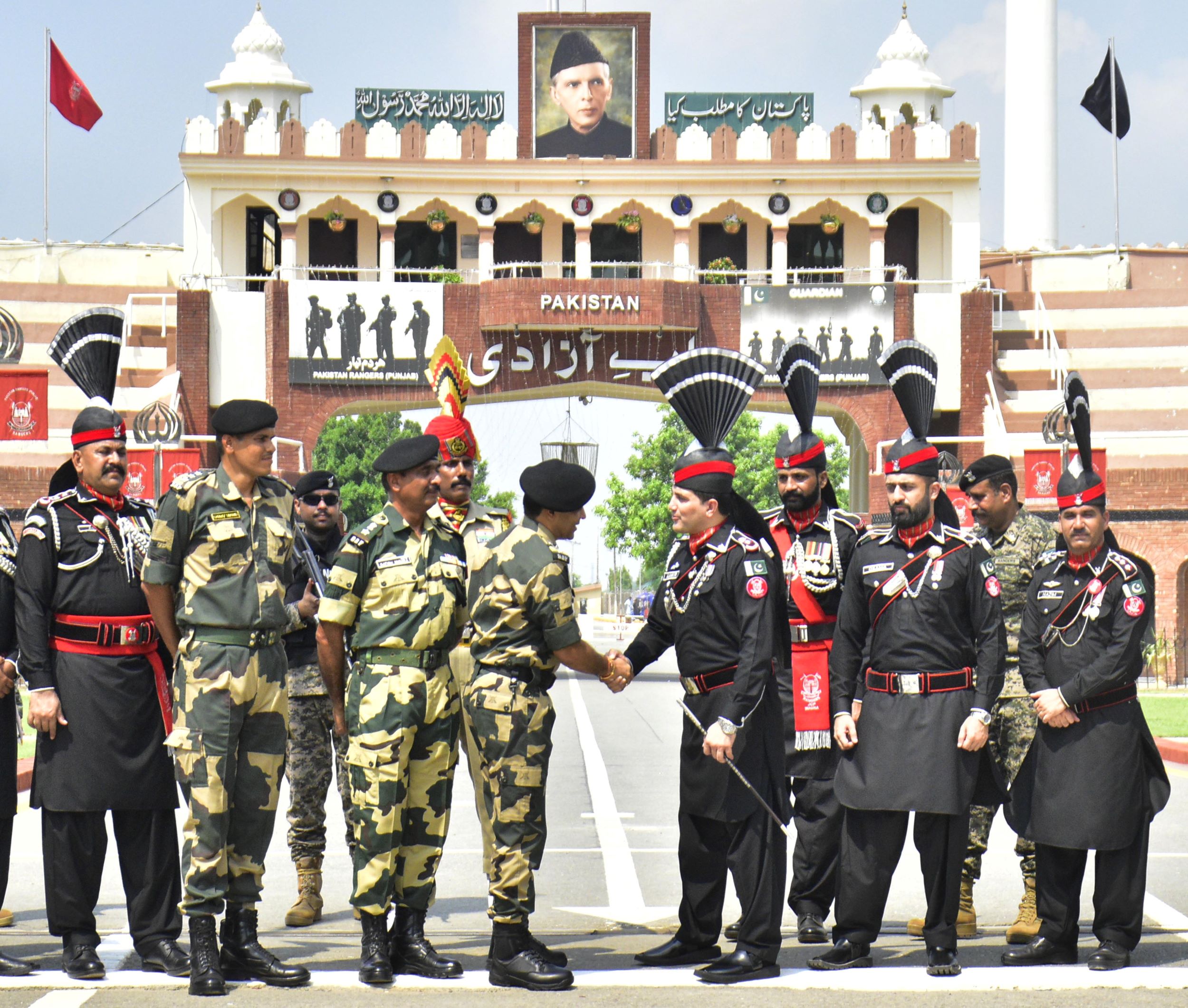بيروت: حلول منعدمة وأفق مسدود
أمشي في شوارع العاصمة اللبنانية بيروت، أتنقل من مقهى إلى آخر؛ أحدهم أغلق أبوابه لأجل غير محدد، وآخر أخبرني قبل أخذ مكاني في الطاولة أنه لن يتمكن من استقبالي لأن التيار الكهربائي سينقطع بعد عشر دقائق، وثالث لم يعد مهيأ لاستقبال الزبائن أصلًا. والسبب من وراء هذا البحث لم يكن، قطعا، هو احتساء فنجان من القهوة، إنّما بحثًا عن مكانٍ يتوفر على تيار كهربائي وخدمة إنترنت (واي فاي) لأتمكن من إنجاز هذا التقرير؛ ففي مخيم برج البراجنة للاجئين الفلسطينيين الواقع في ضاحية بيروت الجنوبية، تكاد تكون ساعات تغذية الكهرباء شبه منعدمة.
لطالما شبّه أهل المخيم منازلهم بالكهوف أو بالسراديب: حرارة مرتفعة، ونسبة رطوبة عالية، وانعدام لتغطية شبكات إرسال الهواتف النقالة، وما تلبث شمس الظهيرة أن تنكسر حتى يزحف الظلام على السواد الأعظم من منازل المخيم. هذه كلها عوامل تجعل من الحياة في مخيمات العاصمة لا تطاق، فكيف بمن أراد العمل على كتابة مادّة صحفية؟!
لربما الأوضاع في المخيمات هي الأسوأ، لكنّ الحال لا ينسحب عليها فقط، بل هو الوضع الذي يعانيه لبنان بعد أن بدأت تتراجع قدرة مؤسسة الكهرباء على توفير التغذية، لتتجاوز ساعات التقنين عشرين ساعة في اليوم الواحد. ومع أنَّ السوق اللبنانية تشهد إقبالًا على مصادر الطاقة البديلة؛ من مثل أنظمة الطاقة الشمسية، إلّا أنَّ هذا النظام يبقى حكرا على الطبقة الغنية في البلاد؛ نظرًا لتكلفته المرتفعة جدا.
يتحدث خالد موسى، الصحفي في موقع "ليبانون ديبايت" الإخباري، لمجلة الصحافة عن مصاعب جمّة بدأ يواجهها منذ أن توقفت المحركات البديلة أو ما يطلق عليه خدمة "الاشتراك" عن العمل، جراء النقص الحاد الذي يعانيه لبنان في مواد الطاقة والمحروقات، يقول في هذا الصدد: "سابقا، كنت أجلس في منزلي أشغل مكيّف الهواء وأعمل على إنجاز المواد الصحفية بكل أريحية، أما الآن فقد بات الأمر صعبا؛ أتنقل من مكان إلى آخر، وألاحق ساعات الكهرباء حتى أتمكن من شحن أجهزتي لأنهي عملي، لأن انقطاع الكهرباء يعني انقطاع خدمة الإنترنت، وهذا سبب أساسي في تراجع إنتاجيتي بشكل كبير".
الصحفي في نهاية المطاف هو إنسان يتأثر بأحوال بيئته ومجتمعه. يقول موسى: "نحن بصفتنا صحفيين لم نعد نقوم بعملنا كسلطة رابعة على أكمل وجه. أقضي معظم يومي عند محطات البنزين لأعبّئ سيارتي وأذهب بها إلى عملي، والذي أفكر فيه هو كيف أستطيع تأمين قوت اليوم لعائلتي. لقد استحوذت هذه الهموم على حياتي، وأصبحت تأخذ حيزا كبيرا من يومي الصحفي هنا في لبنان".
ونشير في هذا السياق إلى أن أزمة الكهرباء في لبنان ليست وليدة الانهيار الحاصل هذه الأيام، لكن يعزى ذلك إلى الاعتماد الأكبر خلال ساعات القطع على الاشتراكات لأصحاب المولدات الخاصة. وفي الفترة الأخيرة، فُقِدت المحروقات وارتفع ثمنها بالليرة اللبنانية، حتى لم يعد باستطاعة كثير من اللبنانيين تأمينها أو دفع تكاليفها.
بغداد: أزمة قديمة متجددة
أزمة مماثلة يعيشها العراق، تعود أسبابها إلى سنوات الحصار عقب حرب الخليج وتعذُّر صيانة محطات توليد الكهرباء بعد قصفها العام 1991، ثم استهدافها مرة أخرى في زمن الغزو الأمريكي.
زادت ساعات قطع الكهرباء في الآونة الأخيرة بشكل متفاوت بين المدن والأرياف، وبرغم وجود بعض البدائل المكلفة، إلا أن مشكلة الكهرباء تعد أزمة حقيقية تواجه الصحفيين، حتى وإن كانوا يسكنون العاصمة بغداد.
عرفات المنشد، وهو مخرج ومقدم برامج إذاعية في راديو "iQ" المحلّي، يقول إنَّ أزمة الكهرباء أثرت على جوانب عدّة من عمله، شارحا ما يجري بالقول: "هنا في بغداد، لا نستفيد من التيار الكهربائي أكثر من ساعتين يوميا في أحسن الأحوال. أما المعدات التي نستخدمها فهي تعتمد بشكل أساسي على الكهرباء؛ كأجهزة الإضاءة مثلًا. وإذا أردنا أن نجري مقابلة مع أحد ما، علينا التخطيط لها بما يتوافق مع ساعات تغذية الكهرباء". وفيما يشبه السخرية من هذا الوضع يضيف: "في مرات كثيرة خاننا التيار الكهربائي واضطررنا إلى إلغاء التصوير والاستعاضة عن ذلك بإعادة حلقات سابقة مثلًا".
صحيح، بحسب المنشد، أنَّه ثمة بدائل، لكنها ليست فعالة؛
"فبعض الجهات التي تقدّم كهرباء بديلة من خلال مولّدات طاقة خاصة، تؤمّن كميات محدودة، لكننا لا نستطيع الاعتماد عليها؛ فأجهزتنا ومعداتنا تحتاج إلى كميات كبيرة من الطاقة". كما أنَّ أحد المصاعب التي يواجهها الصحفيون تكمن في انقطاع شبكة الإنترنت لفترات طويلة، ما يضطرهم إلى الاشتراك بخدمات الإنترنت لدى شبكات الاتصالات، والتي تكون قيمتها باهظة جدا وجودتها متردية". ويتابع المنشد: "بصراحة، أرى أننا مقصرون. لقد أصبحت أحد أكبر همومنا اللحاق بساعات الكهرباء، ولم نعد نؤدي مهامنا على أكمل وجه. الخطأ ليس خطأنا، لكن تردّي الأوضاع المعيشية بشكل عام وافتقارنا للكهرباء أغرقنا في هذه الدوامة".
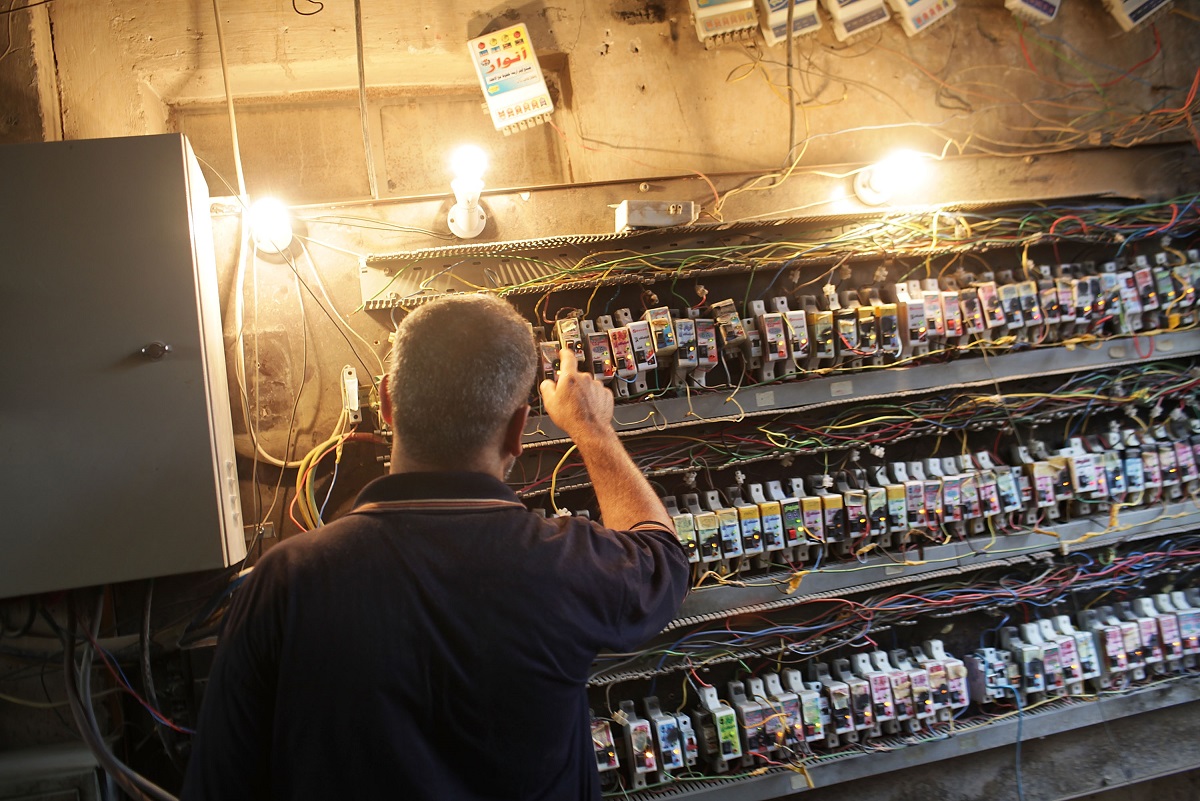
غزة: الكهرباء أداة للحصار
يستخدم الاحتلال الإسرائيلي الكهرباء بصفتها أداة من أدوات حصاره وضغطه على فلسطينيي قطاع غزة. بدأت الأزمة عقب استهداف الطائرات الحربية الإسرائيلية محطة توليد الكهرباء الوحيدة في القطاع في صيف العام 2006.
وبرغم إصلاح هذه المحطة العام 2009، إلا أن أزمة الكهرباء استمرت، وتعددت أسبابها من الحصار الإسرائيلي إلى الاستثمار السياسي والمناكفات بين رام الله وغزة.
لينا الطويل، وهي التي تعمل معدّة ومقدمة برامج في قناة القدس الفضائية، تقول: "بدأت أزمة التيار الكهربائي بعد استهداف الاحتلال لمحطة كهرباء غزة العام 2006، ومنذ ذلك الحين نحن غارقون في دوامة الكهرباء، نغرق في الظلام لساعات طويلة تصل أحيانا إلى عشرين ساعة يوميا، وأحيانًا أخرى تسمح الحكومة الإسرائيلية بإدخال مادة السولار لتزويد المحطة، فنحصل على ثماني ساعات يوميا من الكهرباء في أحسن الأحوال.
وحول تجربتها الشخصية مع أزمة الكهرباء، تقول الطويل: "لقد عايشنا أزمة الكهرباء، ولازمتني شخصيا منذ أن كنت على مقاعد الدراسة إلى أن ولجت سوق العمل بصفتي صحفية. لقد أضعت فرص عمل عدّة بسبب عدم تمكني من الارتباط مع مؤسسة ما خارج قطاع غزة بسبب الكهرباء، كما أنني لم أتمكن من حضور تدريبات افتراضية بسبب الكهرباء كذلك".
وتتوقف الطويل عند أحد الحوادث التي تسببت لطاقم العمل بالحرج بسبب انقطاع الكهرباء المفاجئ: "لقد حدث أن كنت في بث مباشر لحلقة، واضطررنا إلى النزول عن الهواء بسبب انقطاع التيار الكهربائي، وهو أمر مخجل جدًا في عالم التلفزيون، ولكننا نأمل أن يكون المشاهد يلتمس لنا العذر، خاصة أننا خرجنا مؤخرا من عدوان إسرائيلي قاس على القطاع".
في قطاع غزة المحاصر، حيث تتحكم وحدات من جيش الاحتلال الإسرائيلي بكل ما يدخل إلى المنطقة، تظل الحلول البديلة محدودة. تشرح الطويل عن تلك الحلول قائلةً: "لدينا بطاريات نشحنها أثناء عودة التيار الكهربائي، لكنها تنفد في كثير من الأحيان بسبب انعدام التيار بشكل كامل. هناك أيضًا بعض الشركات الصغيرة التي تؤمن الكهرباء بشكل محدود أثناء ساعات القطع، ولكن طبعا بمبالغ مالية مرتفعة، تجعلها صعبة المنال أحيانا".
"أرى أننا نحن الصحفيين شُغلنا بهذه المشاكل اليومية، وأصبح من الصعب علينا تسليط الضوء على المشاكل الكثيرة التي يعانيها شعبنا في قطاع غزة. الصحفي في نهاية الأمر إنسان ويتأثر بالعوامل المحيطة به، سواء أكان ذلك ماديًا أو حتى نفسيًا"، هكذا تختصر الطويل معاناة الصحفيين من مراقبة السلطة إلى البحث عن "بصيص" كهرباء.
